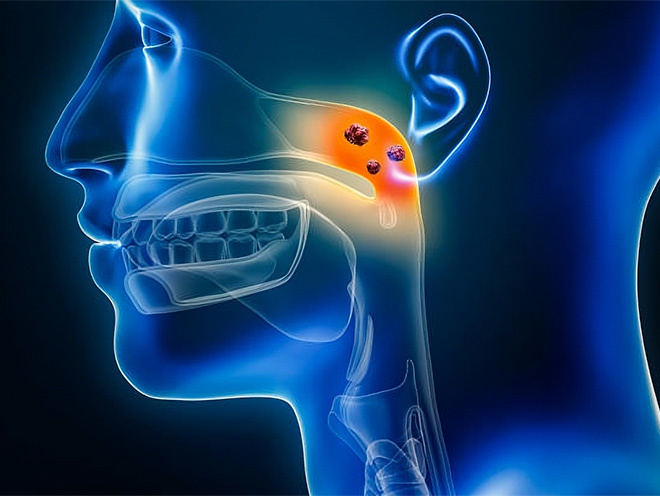 |

What is Nasopharyngeal cancer?
Esophageal cancer is a common gastrointestinal tumor, and about 300,000 people die of esophageal cancer every year worldwide. Typical symptoms of esophageal cancer are progressive dysphagia, with difficulty in swallowing dry food, semi-liquid food, and finally water and saliva. Data from the World Cancer Report indicate that 572,000 people were newly diagnosed with esophageal cancer and 509,000 died from esophageal cancer in 2018.
So can middle and late-stage esophageal cancer be cured? Minimally invasive techniques with little side effects and trauma can help bladder cancer patients avoid surgical resection, avoid suffering from traditional radiotherapy, and effectively prolong the survival period.
For more knowledge about cancer, please click online doctors for consultation.




Classification of Nasopharyngeal Cancer
World Health Organization (WHO) has divided nasopharyngeal cancer into three categories: keratinizing squamous cell carcinoma, non-keratinizing squamous cell carcinoma and undifferentiated carcinoma. NPC is much more common in Southeast Asia; nearly all cases are the non-keratinizing squamous cell carcinoma.
For more knowledge about cancer, please click online doctors for consultation.
Nasopharyngeal Cancer Stages and Corresponding 5-year survival rate
Stage 0 Nasopharyngeal Cancer: 95%;
Stage I Nasopharyngeal Cancer: 72%;
Stage II Nasopharyngeal Cancer: 64%;
Stage III Nasopharyngeal Cancer: 62%;
Stage IV Nasopharyngeal Cancer: 38%.
For more knowledge about cancer, please click online doctors for consultation.